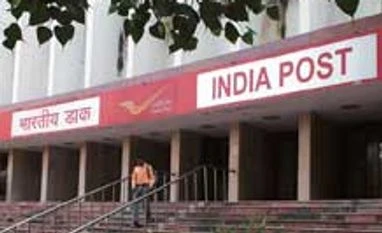The plan is similar to the move in 2000, when the telecom operation of the department of telecommunications were spun off into a separate entity, Bharat Sanchar Nigam Ltd (BSNL), which today offers telecom services across the country, except Delhi and Mumbai.
The department of posts, overseen by Communications Minister Ravi Shankar Prasad, last week made a presentation on the plan to Prime Minister Narendra Modi. The proposals were based on the recommendations of a task force set up for revamp of the department of posts, under former Cabinet secretary T S R Subramanian.
More From This Section
The department has set clear deadlines for implementation of the proposal - the financial feasibility and modalities for setting up a new holding company, and consultation with the Insurance Regulatory and Development Authority (Irda) for permission to set up an independent insurance firm will begin from July this year.
Also, the department will this month approach the Reserve Bank of India (RBI) to reconsider its proposal to set up Post Bank of India (PBI), a universal bank offering banking services, as well as credit and lending operations.
A senior official in the department of posts said modalities for an alternative legislative route for setting up the bank - through an Act of Parliament - would be readied by February, if RBI did not accept the proposal. According to the department, post offices are to act as PBI's front end for offering full banking services to customers. The plan is to begin operations by setting up branch offices in metro cities and state capitals, and then expanding over the next three to five years by opening branches in each district. These branches will handle back-office operations, such as processing loan applications, credit worthiness and risk assessment and investment operations. The 150,000 post offices across the country are to act as agents or banking correspondents to PBI, which will eventually also absorb the post office savings bank operations. The Rs 500 crore required as initial capital is to be fully funded by the government.
| FROM PILLAR TO POST |
Corporatisation
|
By July 2015, the e-commerce vertical will be strengthened in terms of resources and infrastructure, with a focus on rural artisans/businesses. Also, a secure warehousing and parcel-processing hub and dedicated transmission and nodal or mechanised delivery system will have been readied. The department already has tie-ups with top e-tailers like Flipkart, Snapdeal, Amazon, Myntra, Naaptol and eBay, besides Japan Post.
The task force has also suggested setting up two independent business units that could later be converted into companies. The first is to look at management of government services, considering the similar nature of work. It could have common service centres in sync with the government's 'Digital India' programme. The second could be for distributing third-party products of the private sector in rural markets, for a fee.
)